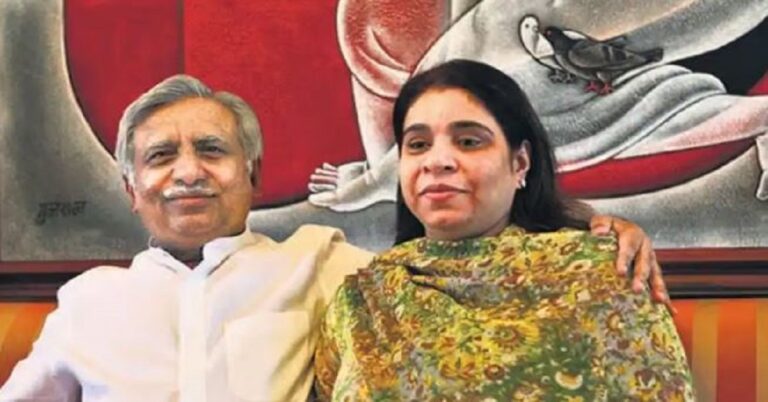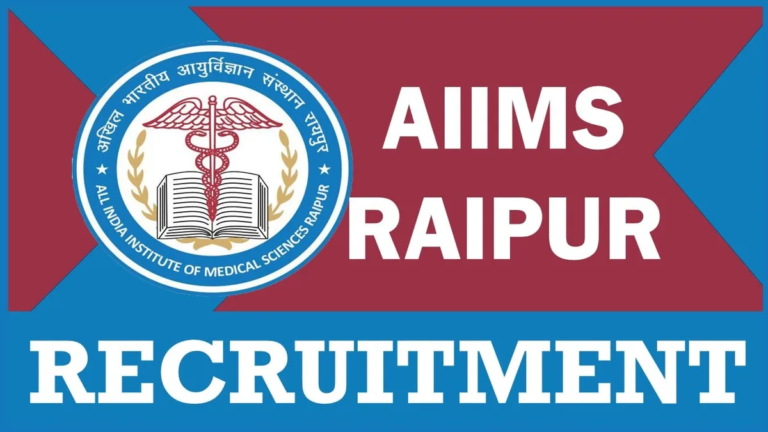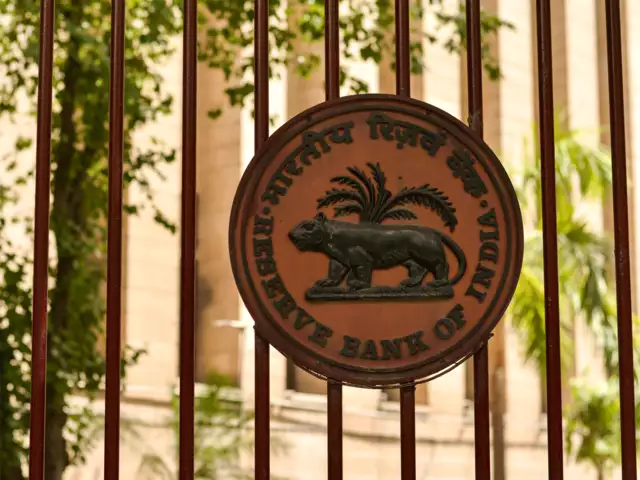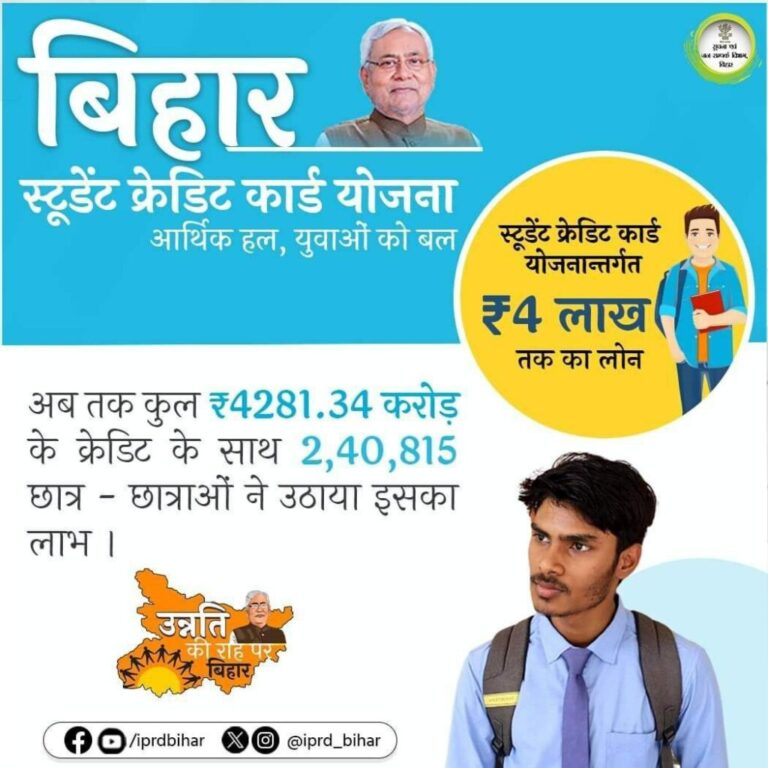Why Did Vijay Shekhar Sharma Resign from Paytm Payments Bank Board?

In a move that has captured significant attention within the Indian financial sector, Vijay Shekhar Sharma, the founder and a major stakeholder of Paytm Payments Bank, has stepped down from his roles as nonexecutive chairman and board member. This decision comes amid a broader overhaul of the bank’s governance structure following regulatory scrutiny from the Reserve Bank of India (RBI). Sharma’s resignation and the subsequent reconstitution of the board signal a pivotal moment for Paytm Payments Bank, reflecting the company’s commitment to addressing compliance challenges and steering the organization towards a future marked by regulatory adherence and operational resilience.
Also Read:
Contents
RBI’s Regulatory Clampdown
The backdrop to Sharma’s resignation is a regulatory environment that has grown increasingly stringent. The RBI has been focusing on ensuring that digital payment banks operate within a framework that guarantees the security and stability of the financial system. Paytm Payments Bank, as a significant player in India’s burgeoning digital payments space, has been under particular scrutiny. This regulatory attention has highlighted several compliance issues that the bank needed to address to continue its operations smoothly.
Strategic Reconstitution of the Board
In response to these challenges, Paytm Payments Bank announced a comprehensive reorganization of its board. The new board composition includes distinguished figures such as Srinivasan Sridhar, Debendranath Sarangi, Ashok Kumar Garg, and Rajni Sekhri Sibal, all bringing a wealth of experience from their respective fields. This strategic move aims to leverage their expertise to navigate the regulatory landscape effectively and ensure that the bank’s operations align with RBI’s guidelines.
Sharma’s Ownership and Operational Shifts
Vijay Shekhar Sharma owns a 51% stake in Paytm Payments Bank, with One97 Communications, the entity behind Paytm, holding the remainder. Sharma’s decision to step down does not alter his ownership but signifies a shift in the governance structure intended to fortify the bank’s compliance mechanisms. Additionally, Paytm’s operational adjustments, such as transferring its nodal account to Axis Bank from Paytm Payments Bank, illustrate the company’s proactive measures to comply with RBI directives and secure its payment ecosystem’s future.
Market Response and Future Directions
The market has responded positively to these developments, with One97 Communications’ share price experiencing an uptick. This reaction underscores investor confidence in Paytm’s strategic realignment and its potential to navigate the challenges posed by the regulatory environment.
Looking ahead, Paytm Payments Bank’s reconstituted board is expected to focus on resolving the compliance issues identified by the RBI. This focus on compliance is not just about adhering to regulatory demands but also about building a robust foundation for sustainable growth and innovation. Furthermore, reports suggest that One97 Communications is poised to resume its role as a lending platform provider for digital loans, in collaboration with partner banks and non-banking financial companies (NBFCs), indicating a strategic expansion of its financial services offerings.
Conclusion
Vijay Shekhar Sharma’s resignation from the Paytm Payments Bank board is a strategic decision aimed at addressing regulatory concerns and setting the stage for the bank’s future growth. By reconstituting the board with seasoned professionals and making operational shifts to ensure compliance, Paytm Payments Bank is demonstrating its commitment to maintaining a secure and compliant financial ecosystem. As the digital payments space continues to evolve, Paytm Payments Bank’s ability to adapt and innovate within the regulatory framework will be crucial to its success and ability to serve millions of customers across India.





